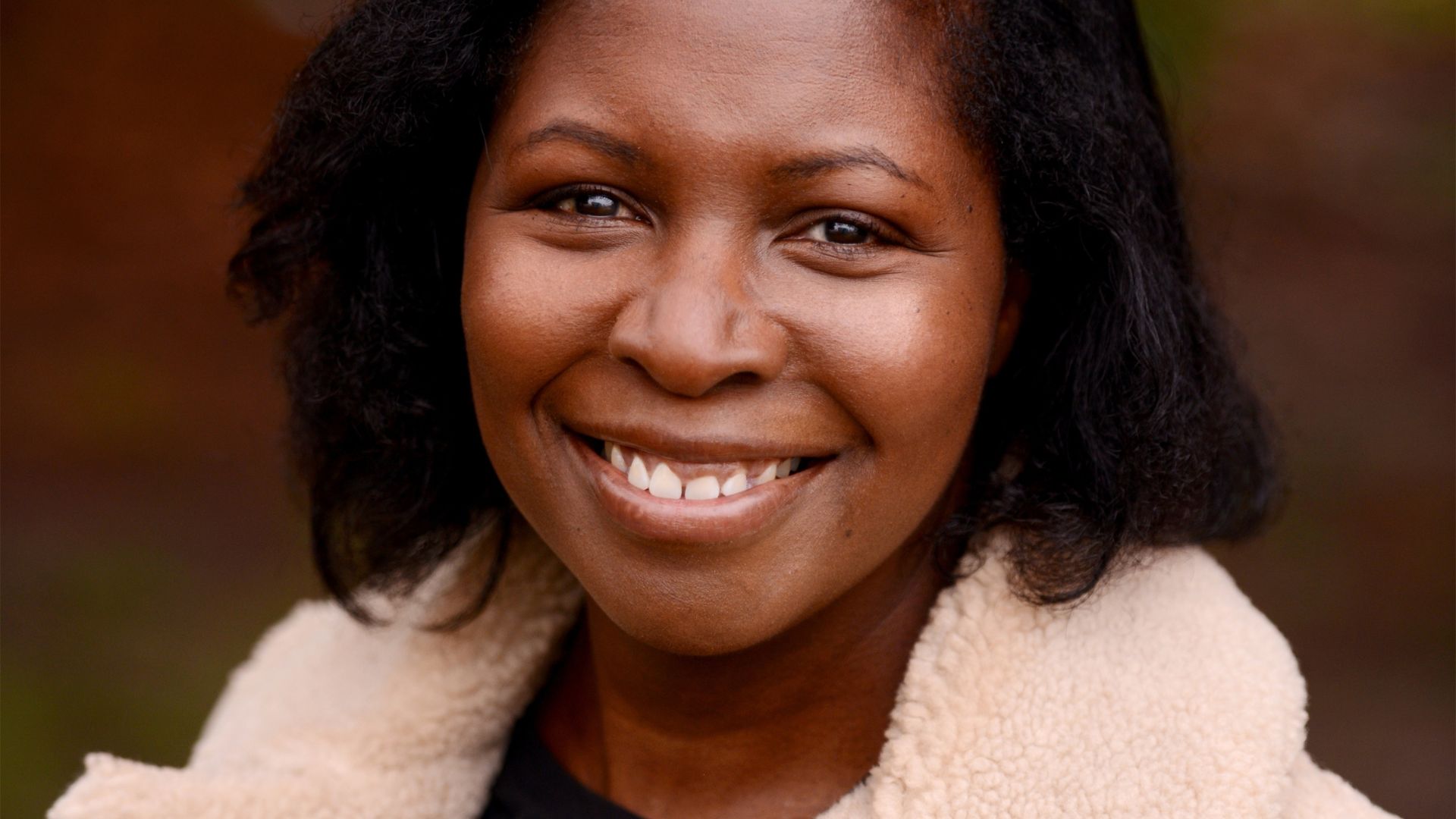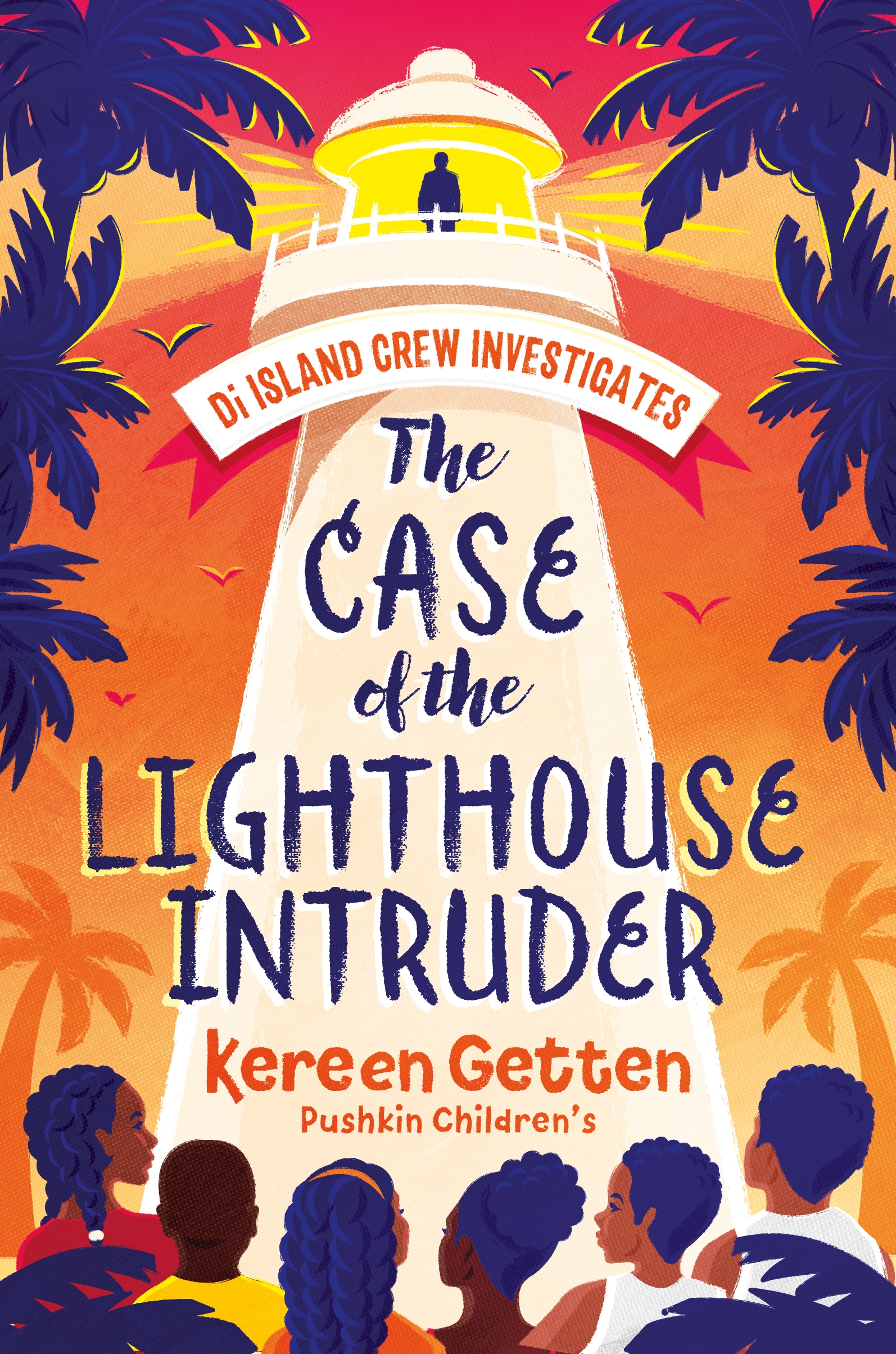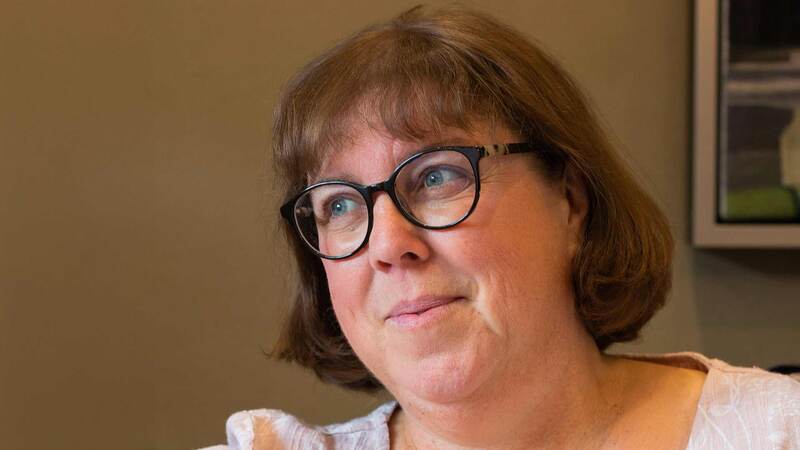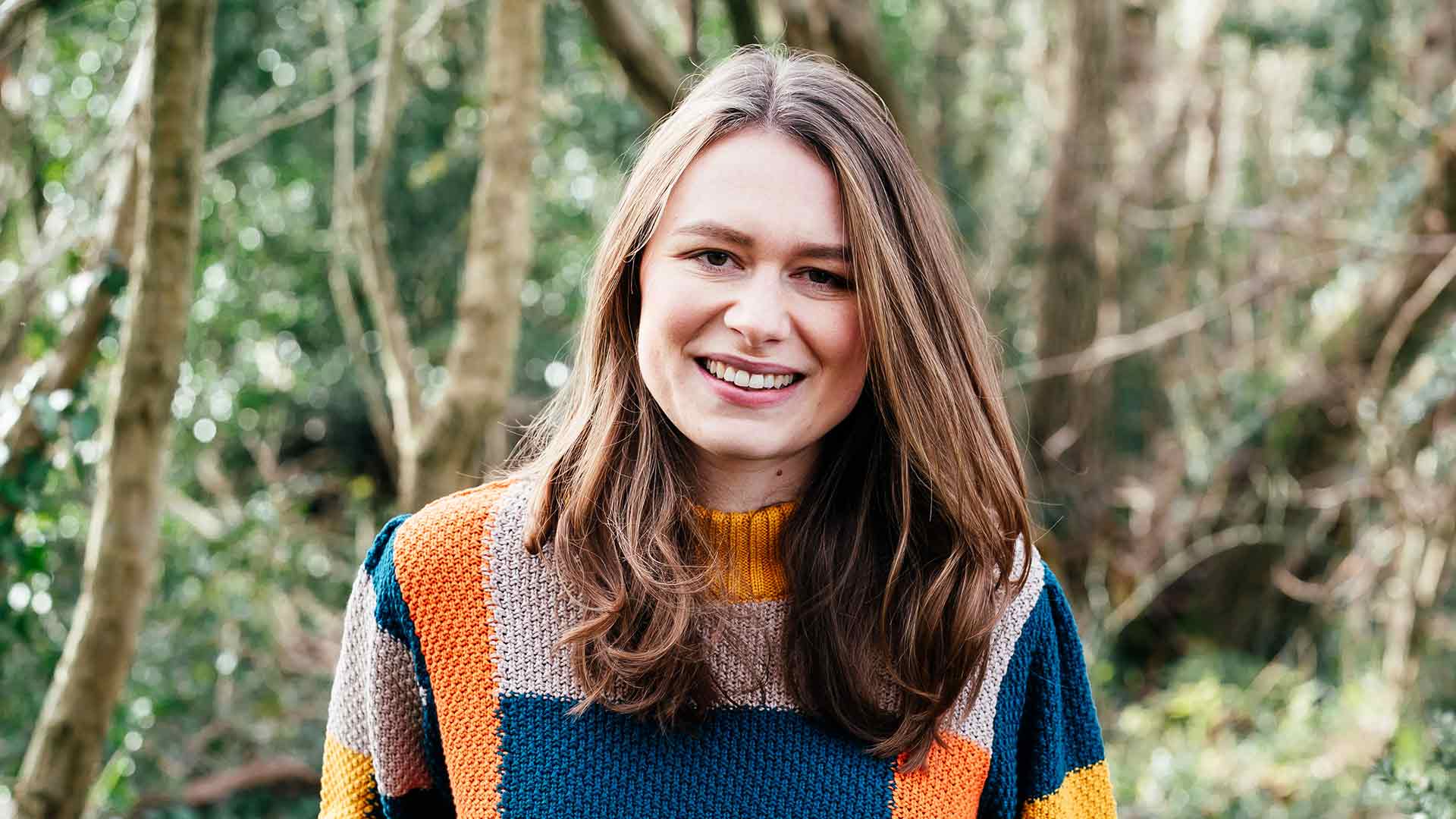You are viewing your 1 free article this month. Login to read more articles.
Kereen Getten on the joys of childhood, escapism and representation
Introducing her first children’s mystery series, Kereen Getten discusses why representation in kids’ books is so important.
"I have always loved mystery books. When I was younger, that’s all I read,” says the joyous Kereen Getten speaking over Zoom from Denver, US, about Di Island Crew Investigates: The Case of the Lighthouse Intruder, the first instalment in her new children’s mystery series, illustrated by Leah Jacobs-Gordon. It takes a classic idea—a group of children solving a mystery—but adds a twist, with the mystery often secondary to the friendships that develop along the way.
Fayson lives in the city with her mother when she is unexpectedly invited to spend half-term with her cousins, uncle and auntie on “Lighthouse Island”, near Jamaica. Here she is introduced to “the Greatest Gang of All Time”, a club made up of the children on the island, and is tasked with solving the mystery of the shadow in the lighthouse.
In counterpoint to the unravelling mystery, we see the group becoming stronger. “[The story] is more about their friendship,” Getten tells me, and this plays out against a backdrop of class-related tensions. The social and linguistic hierarchies are explicitly drawn, for example Fayson’s Jamaican patois is unfavourably compared to the standard English spoken by her uncle and the other wealthy islanders: “‘I forget how strong your accent is,’ he says. ‘We’ll soon have you speaking English, don’t worry.’” Getten explains that “there’s this real topic in Jamaica about patois and the Queen’s English. So the middle-class speak it all the time, it’s their language, and patois is more like a working-class language... there’s a real snobbery towards patois and I wanted to talk about that and, especially, how I would feel as a child navigating that.”
We can all relate to being children and dealing with complex friendships. But the stories are being told by Black children
Yet the central message of the book is the importance of friendship: “At the core of it, it’s about this group of kids who are coming together and learning to navigate those friendships, learning to get along with each other’s differences.” As the children romp about the island, they become partners in (petty) crime and support each other as trust steadily builds between them. “I really enjoy writing stories like that because I think a lot of children, whether they live in a city or live in the country, they really are like that,” says Getten. “They perform their own world and their own adventures, and a lot of it is to escape what’s going on in the real world.”
On the Case
The Case of the Lighthouse Intruder is a warm, quiet tale of friendship, and these are the stories Getten loves and wishes to see more of in children’s fiction, alongside “more Caribbean stories in bookshops”. “I think voices that haven’t had the opportunity to be at the forefront... [should be] seen more.” Crucially, these unheard tales should not be bound by categorisation, but allowed to resonate with all readers. In a piece for The Bookseller, Getten wrote that her “goal is to write human stories. Ones we can all relate to, but Black children will be the ones telling them”. Getten’s quintessential stories speak to universal childhood experiences of wonder, pain, joy and confusion: “We can all relate to being a child, having friendships—that’s not particularly a Caribbean story or a Black story. We can all relate to being children and dealing with complex friendships. But the stories are being told by Black children.”
Getten has described When Life Gives You Mangoes, her Waterstones Children’s Book Prize-shortlisted début, as a “love letter” to her childhood and says that The Case of the Lighthouse Intruder is equally personal: “It’s a love letter to exploring reading, the first time I started to read, the first time I discovered books and discovered these new worlds and the first time the seed [was] planted that I wanted to be a writer.”
The next two instalments, publishing in October 2023 and early 2024, will likely be as meaningful. “Childhood me would never have dreamt,” Getten reflects, “when she was sitting on the floor by the bookshelves, thinking, ‘I want to do this, this is what I want to do, I want to write books like this’, never would she have imagined that she would be here actually doing that.”











